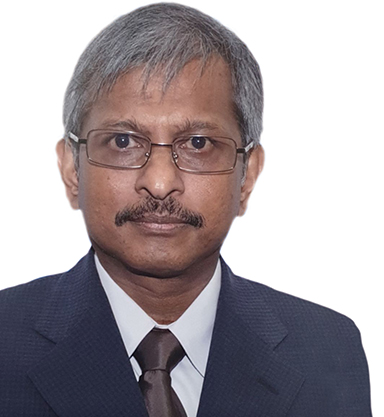Maldives CBG considers AI and telcos in modernisation push
Ali Hashim, governor of the Maldives Monetary Authority, is overseeing a period of modernisation to the country’s banking laws and technology. He talks to Kimberley Long about plans to adopt open APIs and attract new foreign investors.
Q: What challenges do banks face operating across such a wide geographical area in the Maldives?
A: Traditional banks face a challenge in covering the whole country through their branch network. Many residents on smaller islands cannot easily access banking services. There is similar pressure on having ATMs that are accessible to the whole population.
One solution is the expansion of mobile banking. The Maldives Monetary Authority [MMA] is in talks with the telcos to expand their reach into banking. At present they are interested in offering microcredit, which could see them lend small amounts to consumers and businesses. We are looking to test this, and to decide what type of licence the telcos would need to offer this kind of service nationally.
Q: The Bank of Maldives [BML] introduced digital Mastercard and Visa services for its customers. You have also pushed for more international payment methods such as PayPal to be accepted. How will this change retail banking in the Maldives?
A: The BML leads the retail banking market in the country. The introduction of Mastercard and Visa services is an improvement in the accessibility of banking. Interoperability will be introduced by BML for the ATM with the help of Mastercard and Visa.
The development goes further, as we are looking into implementing a unified payment gateway. We have seen what implementing open application programming interfaces [APIs] has done in other countries, and how it has been developed in Europe under the second Payment Services Directive. This has helped to create a global standard that will ease adoption.
On a country level, we have been looking closely at what is happening in India and Australia, where they are opening up APIs across the breadth of the financial services space. We want to emulate this and leapfrog some of the older technology to create a best-in-class system for the banks and their customers.
From the perspective of the international payment systems, the Maldives is not a priority; PayPal has stated the Maldives is not on its roadmap. But if we set up an open API we can provide access, and it is [PayPal's] choice whether to connect or not.
Q. There have been scandals around money laundering in the Maldives in recent years. How is the country taking steps to recover from this and rebuild confidence?
A: Following the conviction of former president Abdulla Yameen for money laundering in November 2019, there have been many steps taken to improve the legal system and restore faith in the Maldives. The anti-money laundering and countering the financing of terrorism laws are being amended to include Financial Action Task Force concerns. Help is extended by the International Monetary Fund and the World Bank; the results should be here in 2021.
Banks have been informed to track transactions and to report to the financial intelligence unit should any anomalies be detected.
We have also introduced more sophisticated methods of transaction tracking. When the allegations first emerged in 2014, it was a nascent style of data analysis. There is more that we need to do to improve our databases, and the inclusion of new technologies such as artificial intelligence to speed up the process is a possibility.
Q: The Maldives became heavily dependent on Chinese financing under the previous government, something that has now come under scrutiny. How is the country moving to diversify its funding sources?
A: In our existing loans from China, the debt side is high and the repayment period is short. Some of the interest rates are high, but others are reasonable. We have not overstretched, and the repayments are cheaper than the loans we have from some other lenders. We became reliant on the loans at a time [when] the country was not well liked; we had left the Commonwealth. The Chinese stepped in, their conditions were favourable and they were ready to lend.
Looking to other sources, we have been working with the UN Development Programme on the issuance of social impact bonds to meet the UN’s Sustainable Development Goals. These bonds have the additional caveat of needing to deliver on the social targets within a [specified] timeframe.
The Maldives has also rejoined the Commonwealth, which is a positive step towards acceptance in the international community. We are working on improving our business environment. The Maldives ranked 147th globally in the World Bank’s Doing Business report for 2020. We need to improve our legal frameworks to attract international investment.



